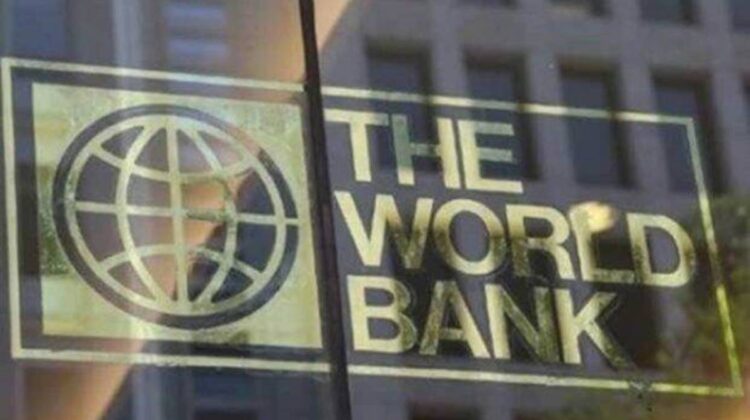
Global economy expected to expand by 4 per cent in 2021: World Bank
NEW DELHI: As the COVID-19 vaccine started rolling out in many countries, the World Bank expects that the global economy will expand four per cent in 2021, but will still remain more than five per cent below its pre-pandemic trend.
“The global economy appears to be emerging from one of its deepest recessions and beginning a subdued recovery,” World Bank President David Malpass said recently in a forward to the Global Economic Prospects report, according to which a recovery will likely be subdued, unless policy makers move decisively to tame the pandemic and implement investment-enhancing reforms.
Although the global economy is growing again after a 4.3 per cent contraction in 2020, the pandemic has caused a heavy toll of deaths and illness, plunged millions into poverty, and may depress economic activity and incomes for a prolonged period.
Top near-term policy priorities are controlling the spread of COVID-19 and ensuring rapid and widespread vaccine deployment. To support economic recovery, authorities also need to facilitate a re-investment cycle aimed at sustainable growth that is less dependent on government debt, the report said.
“While the global economy appears to have entered a subdued recovery, policy makers face formidable challenges – in public health, debt management, budget policies, central banking and structural reforms – as they try to ensure that this still fragile global recovery gains traction and sets a foundation for robust growth,” said Malpass.
“To overcome the impacts of the pandemic and counter the investment headwind, there needs to be a major push to improve business environments, increase labour and product market flexibility, and strengthen transparency and governance,” he said.
The collapse in global economic activity in 2020 is estimated to have been slightly less severe than previously projected, mainly due to shallower contractions in advanced economies and a more robust recovery in China.
In contrast, disruptions to activity in the majority of other emerging markets and developing economies were more acute than expected, the Bank said in its report.
“Financial fragilities in many of these countries, as the growth shock impacts vulnerable household and business balance sheets, will also need to be addressed, Vice President and World Bank Group Chief Economist Carmen Reinhart said.
